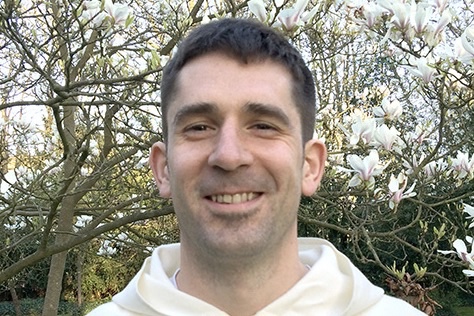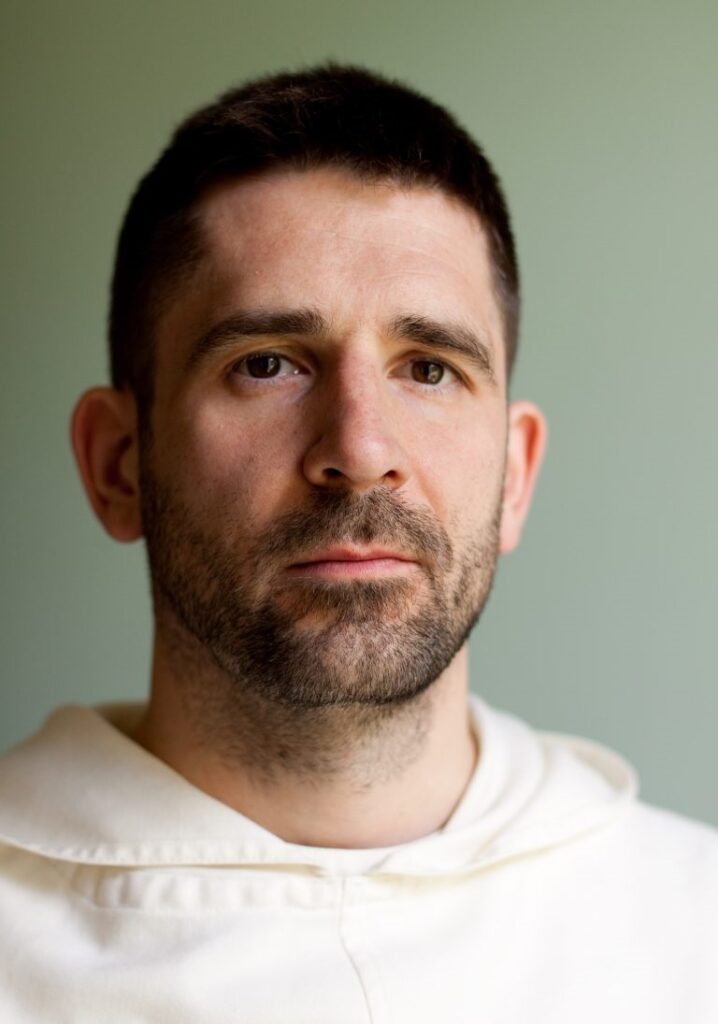Article originally published in “The Dominicans” (the Magazine of the Dominican Friars of the English Province), Summer 2024.
When in 1890 Servant of God fr Marie-Joseph Lagrange OP founded the École Pratique d’Études Bibliques in a former abattoir in Jerusalem, it was because he was convinced that there was no substitute to studying the Bible in the land whence it came. In fact, so keen was he to start that the abattoir still had the rings in the ceiling! Today the École Biblique et Archéologique Française as it became continues to live this vision, Dominican friars and scholars investigating the land and the text through detailed exegesis, archaeology and cultural engagement.
I had visited many times over the years, but in 2023 I was an invited researcher of the school, spending the second semester of the academic year there. This extended period of time allowed an absorption of experiences, connecting text with context and faith with life in such a rich environment as Jerusalem and its environs. There were many contexts and many religions through which the people of the Holy City navigated their daily lives, providing a unique background to the study of the sacred texts.
There are really three aspects to my time there on which I continue to reflect. First, the clash of life and religions. The period of my sojourn covered the whole period of Western Christian Lent and Easter. The qualification “western” immediately indicates the variety of experience even within Christianity, because Eastern Christianity with its many representatives in Jerusalem marked Easter at a different time. While it is an experience to celebrate the salvation events in the city where they took place, on the other hand, Easter appears unremarkable, and unremarked, among the majority of the city’s residents. But was this so different when Christ carried his cross? There is a certain focus on the Christian claim when most others conceive the contribution of Jerusalem to cosmic events in a completely different, even competing way. For while were contemplating the Lord’s passion in Holy Week, the Jews were feasting for Passover and the Muslims fasting for Ramadan, heading to the Al-Aqsa Mosque for Friday prayers. Jerusalem’s various quarters living according to quite different realities and value systems.
Secondly, studying the Bible in context. My interest is Iron Age Israel and biblical texts that describe it, such as the book of Judges. The unrivalled library of EBAF allowed me to expose certain questions about these texts, the world they describe and hence their meaningfulness for the people who cherished them through the ages. But the presence of this school in the land meant that the sites and locations mentioned in the texts could be discovered and visited. Most weekends I and a couple of other friars drove out to the Shephelah, an area west of Jerusalem on the way to the Mediterranean, in search of Israel and Philistia’s Iron Age settlements. Geography, topography and archaeology lent an experience of the land’s contours that readers and writers of Judges et al. must have shared. As a friar at the school remarked, the difference with studying in Israel is that one day I read about a place in a book, the next, I can go and see it.
The third experience that I took away was how unexpected and thus not fully grasped was the immense opportunity available by studying in the land. The structure of life in the Convent of St Étienne distils the Dominican charism of contemplation. Lauds at 7.30, Mass at 12noon, Vespers at 19.30 – hours of space for study, gestation of ideas, pursuit of speculative tangents among the library’s shelves. Yet, unprepared as I was for this contemplative space, I was overwhelmed by it. It was only gradually that ideas began to develop and avenues of study open. I emerged from Jerusalem with the groundwork for many projects, but left the experiences, the proximity to the land and the reflective space behind.
Yet, this contemplative deceleration enriches our busyness and activity when we must return to normal. The artist David Hockney had a custom of painting nothing for two months and then completing a work in a couple of weeks. When this was remarked upon, he replied, “well that means that the painting took two and half months”. Processing the experience of Jerusalem required space, inactivity, contemplation. It will bear fruit in due season. This is the incomparable benefit of studying the Bible in the land. Marie-Joseph Lagrange was right.
Fr Bruno Clifton OP is Vice-Regent of Blackfriars, Oxford, and a scripture scholar.

